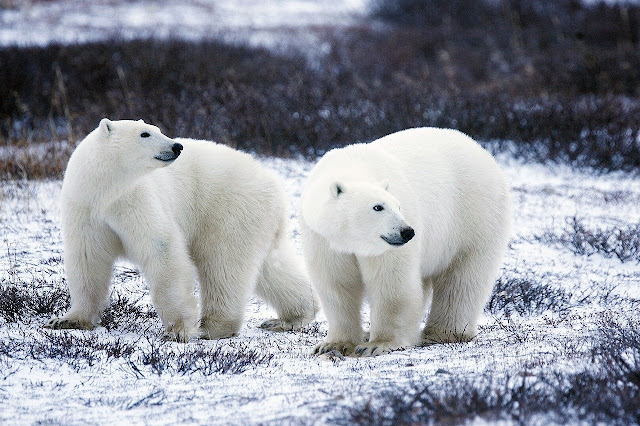A group of seismologists from around 33 countries measured a significant drop of up to 50% in so-called noise produced by humans movement and factories in these hard times of COVID. Scientists said that Earth has had its quietest period in decades during 2020.
The team includes an expert from the Swiss Seismological
Service at ETH Zurich and along with other scientists they measured lower noise
levels at 185 of the 268 seismic stations analyzed around the world. They
reported that urban ambient noise fell by up to 50% at some places as
transportation was completely halted, aircraft grounded and factories were
shut. It was said that at many places it was quieter than Christmas, the
quietest time of the year.
Many experts from the Royal Observatory of Belgium successfully
track the "wave of quiet" around the world as lockdown came first in
China, then Italy, before spreading across the rest of the world.
The COVID-19 pandemic has significantly reduced human
activities and everything is nearly halted in most parts of the world. Recently
it was reported in the news that the virus has even reached the highest peak of
the world i.e. Mount Everest
This report was conducted during 2020 but 2021 is also not
too far behind this. The Situation is still gruesome in many parts of the world
but it is worst in India.
2nd wave of COVID struck India badly. People are not able
to get oxygen in the hospitals and due to this patients are dying and the worst
part is that they are dying in front of the doctors who find themselves helpless
then. We have taken the 2nd wave of COVID lightly. Many researchers and
scientists warned India way back in January and February but we did not pay
attention to them and we find ourselves in these hard times. India witnessed a
situation that anyone could have faced hardly.
India was not prepared at any stage. Our health
infrastructure collapsed badly. We were just busy talking about other
infrastructures but the one that was needed the most was not there for the
people of India. The report that was about the 2020 lockdown may come again for
2021 as we are slowly heading towards the lockdown. This is the only option
left for all of us. When all other infrastructures and system fails, lockdown
is the only way to contain the spread of the virus.
Lastly, what can we do for now is to stay inside as much
possible as we can and try to help each other as much as we can. People are
losing lives and the atmosphere outside is not good but we all have to stay
strong because many lives are linked with us all and for that, each one should
stay POSITIVE. We will get through it all together.


















